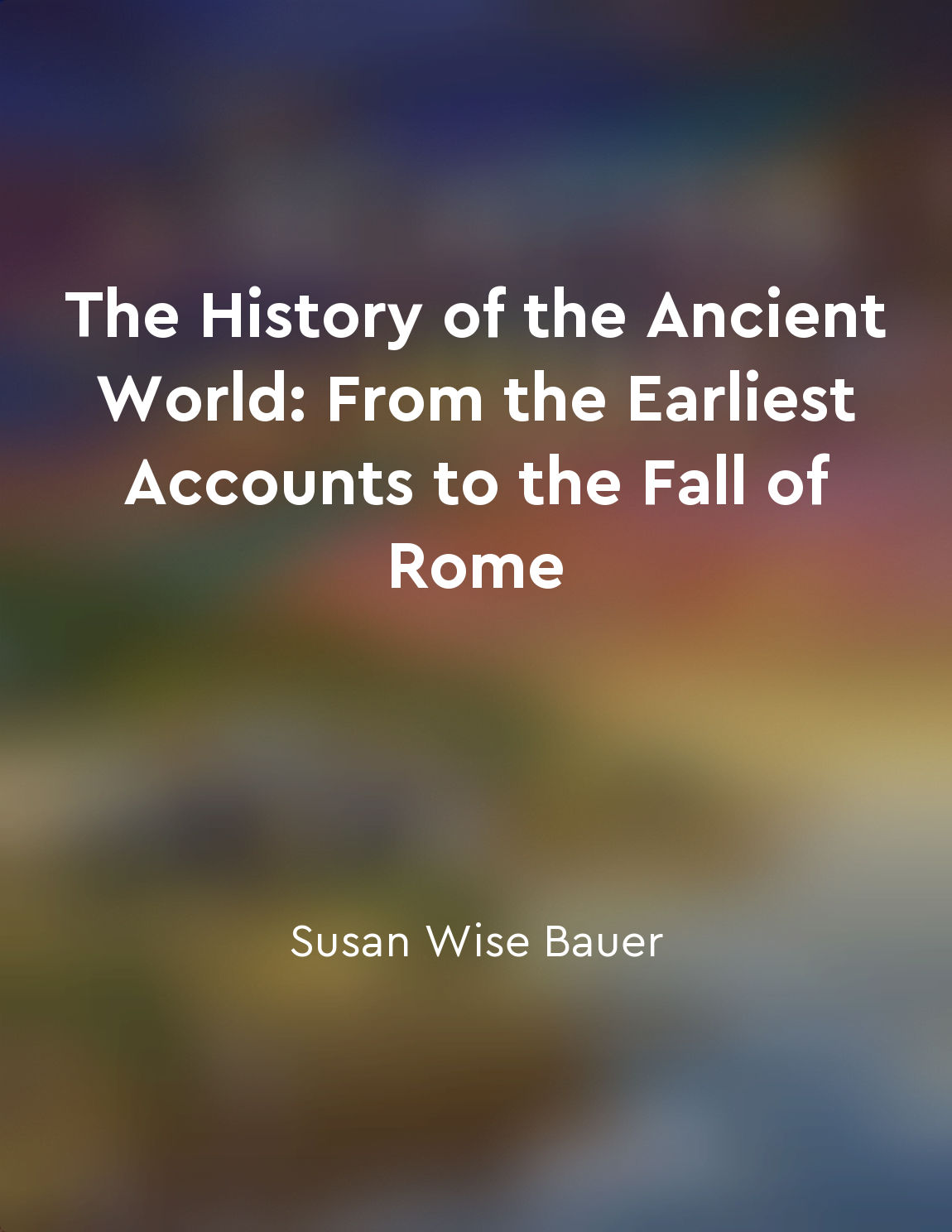Audio available in app
The Byzantine Empire maintained control over the Holy Land from "summary" of A History of Israel and the Holy Land by Michael Avi-Yonah
During the early centuries of the Christian era, the Byzantine Empire exerted its authority over the Holy Land, enforcing its control through various means. The Byzantine emperors claimed dominion over the region, viewing it as an integral part of their imperial domain. This control was not merely symbolic, but was backed by the presence of Byzantine officials, military garrisons, and administrative structures in key locations throughout the Holy Land. One of the primary ways in which the Byzantine Empire maintained its grip on the region was through the establishment of ecclesiastical institutions. The Byzantine emperors promoted Christianity as the official religion of the empire, and sought to assert their religious authority in the Holy Land. They built churches, monasteries, and other religious institutions, and appointed bishops and clergy to oversee the spiritual life of the local Christian communities. This close connection between the Byzantine state and the Christian church helped to reinforce Byzantine control over the Holy Land. In addition to religious institutions, the Byzantine Empire also utilized military force to maintain its hold on the region. The Byzantine emperors stationed troops in strategic locations, such as Jerusalem, Bethlehem, and Nazareth, to ensure the security of the Holy Land. These soldiers were tasked with guarding pilgrimage routes, protecting Christian holy sites, and defending the empire's borders against external threats. The presence of Byzantine military forces served as a deterrent to potential rivals and helped to preserve Byzantine control over the Holy Land. Furthermore, the Byzantine Empire implemented a system of taxation and governance in the Holy Land, collecting revenues from the local population and enforcing imperial laws and regulations. Byzantine officials administered justice, managed public works projects, and oversaw trade and commerce in the region. Through these administrative mechanisms, the Byzantine Empire exercised direct control over the daily lives of the people living in the Holy Land, further solidifying its authority.- The Byzantine Empire's control over the Holy Land was multi-faceted, encompassing religious, military, and administrative aspects. Through the establishment of ecclesiastical institutions, the deployment of military forces, and the implementation of governance structures, the Byzantine emperors maintained a firm grip on the region for centuries. This control was a key factor in shaping the history and development of the Holy Land during the Byzantine period.
Similar Posts

Explore the cultural achievements of the Byzantine Empire
The Byzantine Empire, which emerged from the Eastern Roman Empire, was known for its rich cultural achievements. One of the mos...

City of contrasts
In the heart of Constantinople, one is immediately struck by the juxtaposition of the ancient and the modern, the East and the ...
Economic prosperity and cultural achievements
Economic prosperity and cultural achievements were intimately connected in the flourishing days of the Roman Empire. The wealth...
The Maccabean Revolt led to the establishment of an independent Jewish state
The Maccabean Revolt was a significant event in Jewish history that had far-reaching consequences. This revolt, led by the Macc...

